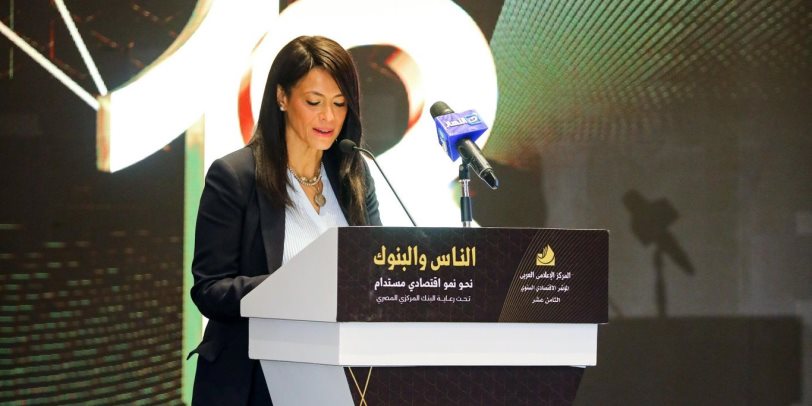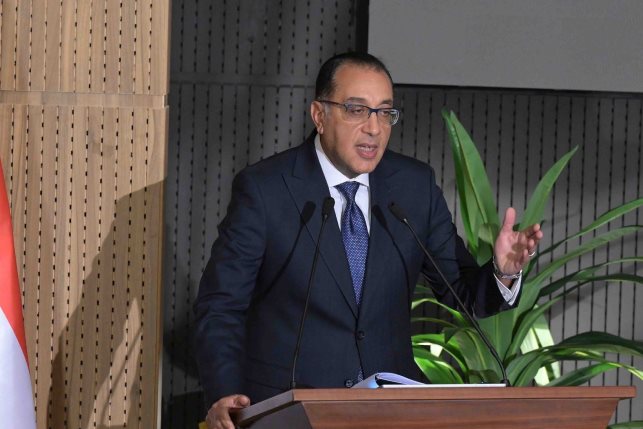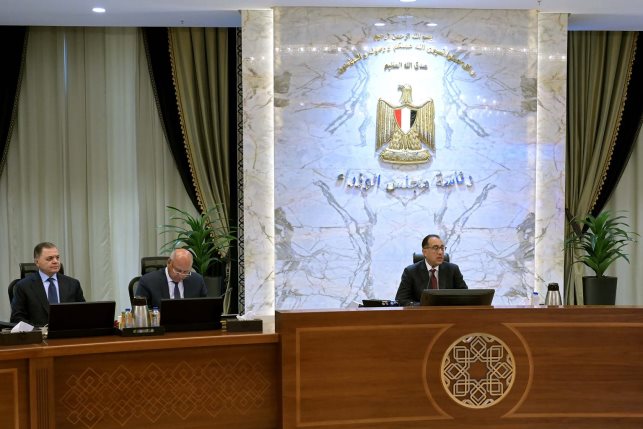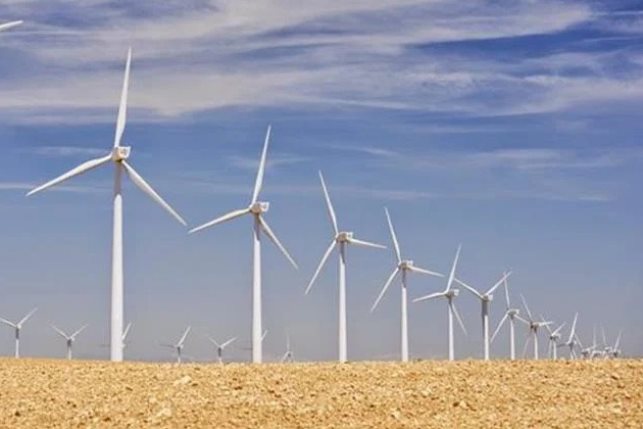57% of Egypt's concessional financing & development investments goes into private sector | Al Mashat
Key initiatives, such as the Green Sustainable Industry Program (GSI), in partnership with the European Investment Bank, have allocated €271 million towards sustainable industrial projects.

Since 2020, 57% of Egypt’s concessional financing and development investments have been directed towards the private sector, with a significant portion aimed at the banking and finance industries. This development partner financing has enabled Egyptian banks to support small- and medium-sized enterprises (SMEs) and expand green financing initiatives, aligning with Egypt’s goals for a green economy transition.
At the 18th annual People and Banks economic conference, Egypt’s Minister of Planning and Economic Development, Rania Al-Mashat, highlighted the importance of the conference as a platform for addressing the country's economic challenges amid shifting global and regional dynamics.
In her address, Al-Mashat outlined Egypt's ongoing efforts to maintain economic stability in the face of international pressures, emphasizing the country's structural and financial reforms. She also noted that the global financial system is inadequate for meeting the needs of developing economies, especially considering the recent crises, such as health emergencies, economic disruptions, and geopolitical tensions. These challenges have exacerbated financing gaps, with estimates showing an annual shortfall of $2.5 trillion to $4 trillion for developing countries.
To address these issues, Egypt has launched the Framework for Sustainability and Development Finance, a national initiative designed to foster data-driven economic policies. The framework focuses on structural reforms, transitioning to a green economy, and enhancing macroeconomic stability to improve Egypt’s competitiveness and business environment.
As part of its National Structural Reform Program, Egypt is focused on strengthening macroeconomic resilience, improving business conditions, and promoting private-sector growth. The program’s three core pillars are economic stability, competitiveness, and green transformation. Al-Mashat highlighted key achievements, such as progress on renewable energy projects and the launch of Egypt’s first voluntary carbon market, as important steps toward a sustainable and inclusive growth model.
Al-Mashat also highlighted the role of the private sector in Egypt’s economic development. Since 2020, a significant share of Egypt’s concessional financing has been allocated to private-sector initiatives. In particular, the banking sector has played a pivotal role in supporting SMEs and expanding green financing efforts. Key initiatives, such as the Green Sustainable Industry Program (GSI), in partnership with the European Investment Bank, have allocated €271 million towards sustainable industrial projects, including renewable energy and carbon reduction efforts. The ministry also launched the EU Tigara Program to support trade and industrial growth, helping SMEs access global markets.
Egypt has also introduced new financial tools to support private-sector development. In 2021, the country issued its first private-sector green bonds, and more recently, a €70 million risk guarantee agreement was signed between the European Bank for Reconstruction and Development (EBRD) and QNB Bank to enhance credit risk protection for SMEs.
In addition, the Ministry of Planning has rolled out the Hafiz Platform, which offers financial and technical support to private enterprises. This platform is designed to provide innovative financing options and foster international partnerships, encouraging greater private-sector participation in Egypt’s sustainable development.
Al-Mashat also announced the creation of a ministerial working group focused on cultivating a vibrant start-up ecosystem. This group will collaborate across public and private sectors to promote entrepreneurship, aiming to position Egypt as a regional hub for innovation and startups.





